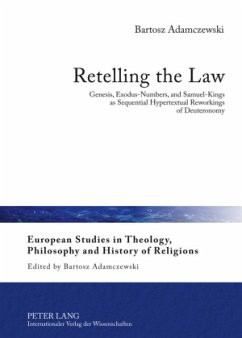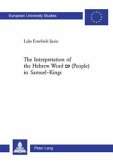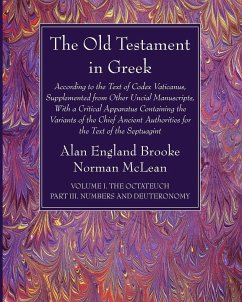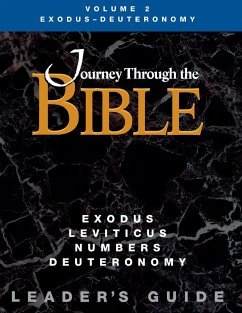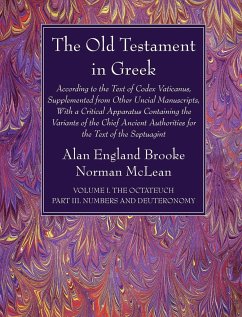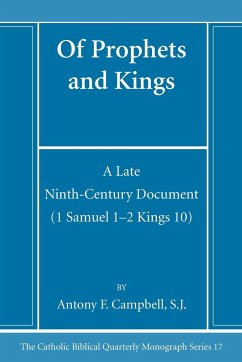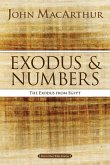Using the method of critical intertextual research, this book demonstrates that Deuteronomy (written c. 500 BC) is an Israelite sequential hypertextual reworking of Ezekiel, that Genesis and Exodus-Numbers (written c. 400 BC) are Israelite sequential hypertextual reworkings of Deuteronomy, and that Samuel-Kings (written c. 300 BC) is a Judaean sequential hypertextual reworking of Deuteronomy. Consequently, the book disproves the theories of the existence of the so-called sources or traditions of the Pentateuch. The recognition of the fact that the Pentateuch is an Israelite and not a Judaean work may have great consequences for the dialogue between the monotheistic civilizations in our world and for peace initiatives in the Holy Land.

